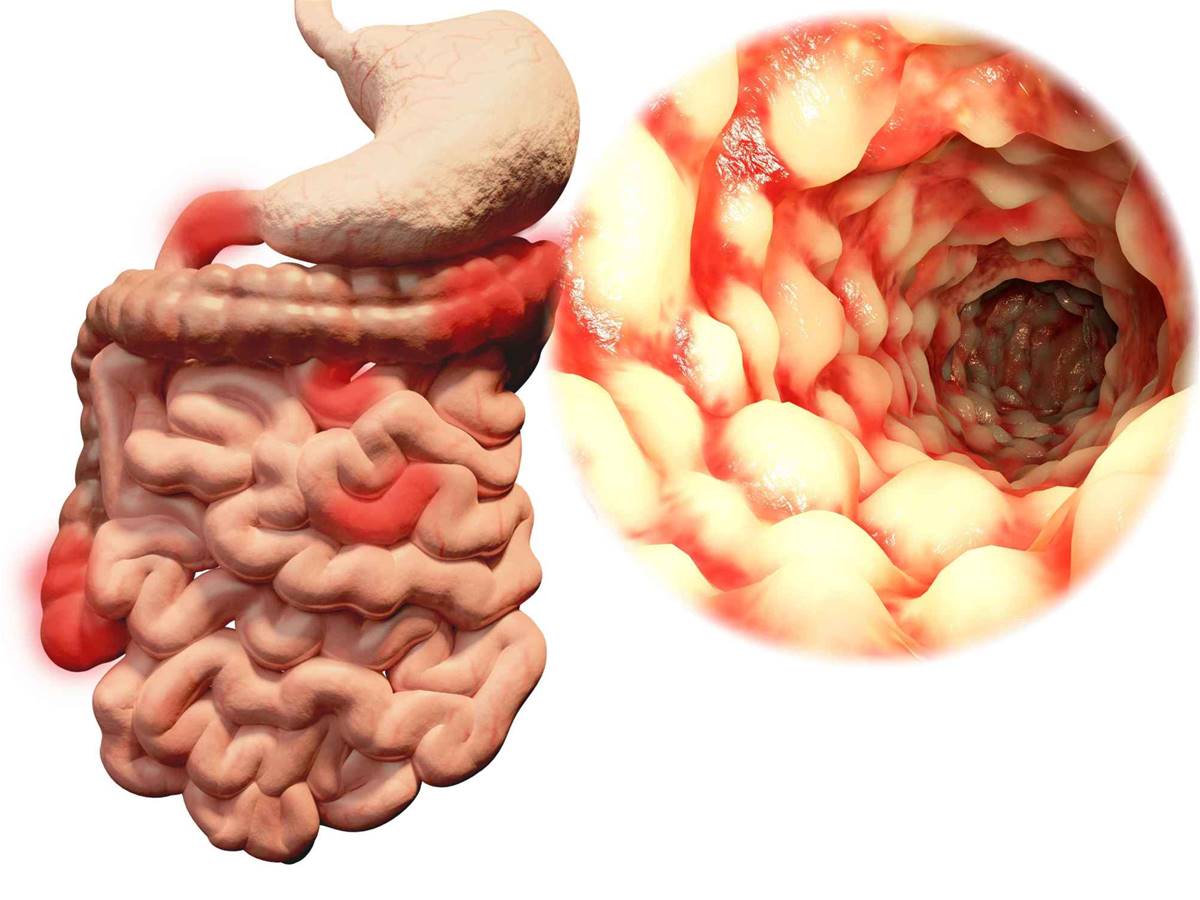
Currently, clinically for colon cancer, there are mainly the following treatments:
1. Surgery
Surgery can be applied to almost all stages of colon cancer patients. Depending on the patient's condition, the surgical methods selected are also different. In the early stage, local excision is the main method, and the lesions are removed through surgery. If the tumor grows relatively large and the doctor suspects that there are cancer cells distributed around it, a colectomy and anastomosis is usually performed, which is to remove part of the patient's colon, including the lesion and some normal tissue, and then anastomose the severed colon.

2. Chemotherapy and radiotherapy
Surgery can only remove visible lesions, but cancer cells may also lurk in normal tissues, so 40% to 50% of patients may eventually experience recurrence and metastasis, which is also a major factor threatening the patient's later survival. Chemotherapy plays an important role in patients with high-risk factors for recurrence or metastasis.
Adjuvant chemotherapy can reduce the possibility of recurrence and metastasis.
However, chemotherapy not only kills cancer cells in the body, but also affects normal cells. Therefore, patients may experience multiple symptoms such as weakness, leukopenia, and loss of appetite during chemotherapy. If the patient's condition is relatively poor, he or she may not be able to withstand the various discomforts caused by chemotherapy, and may even aggravate the condition.
The article is not finished. Click on the next page to continue.
The article is not finished. Click on the next page to continue.
Next page


















